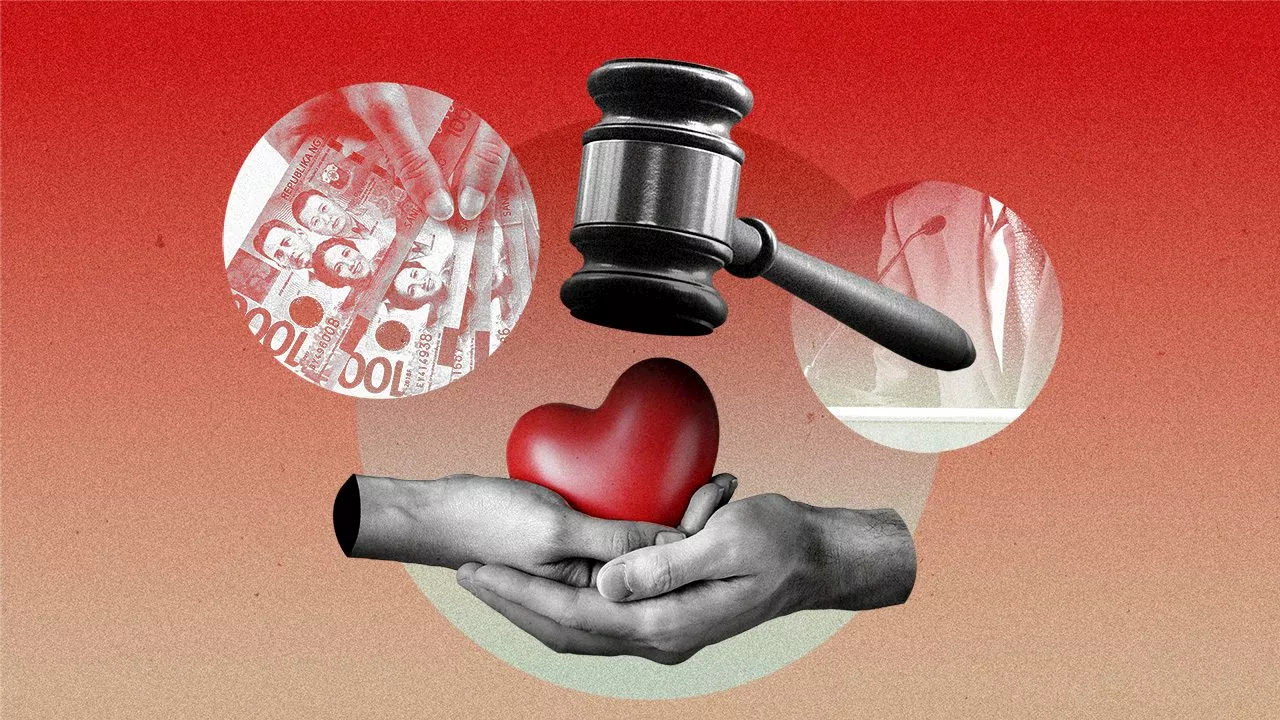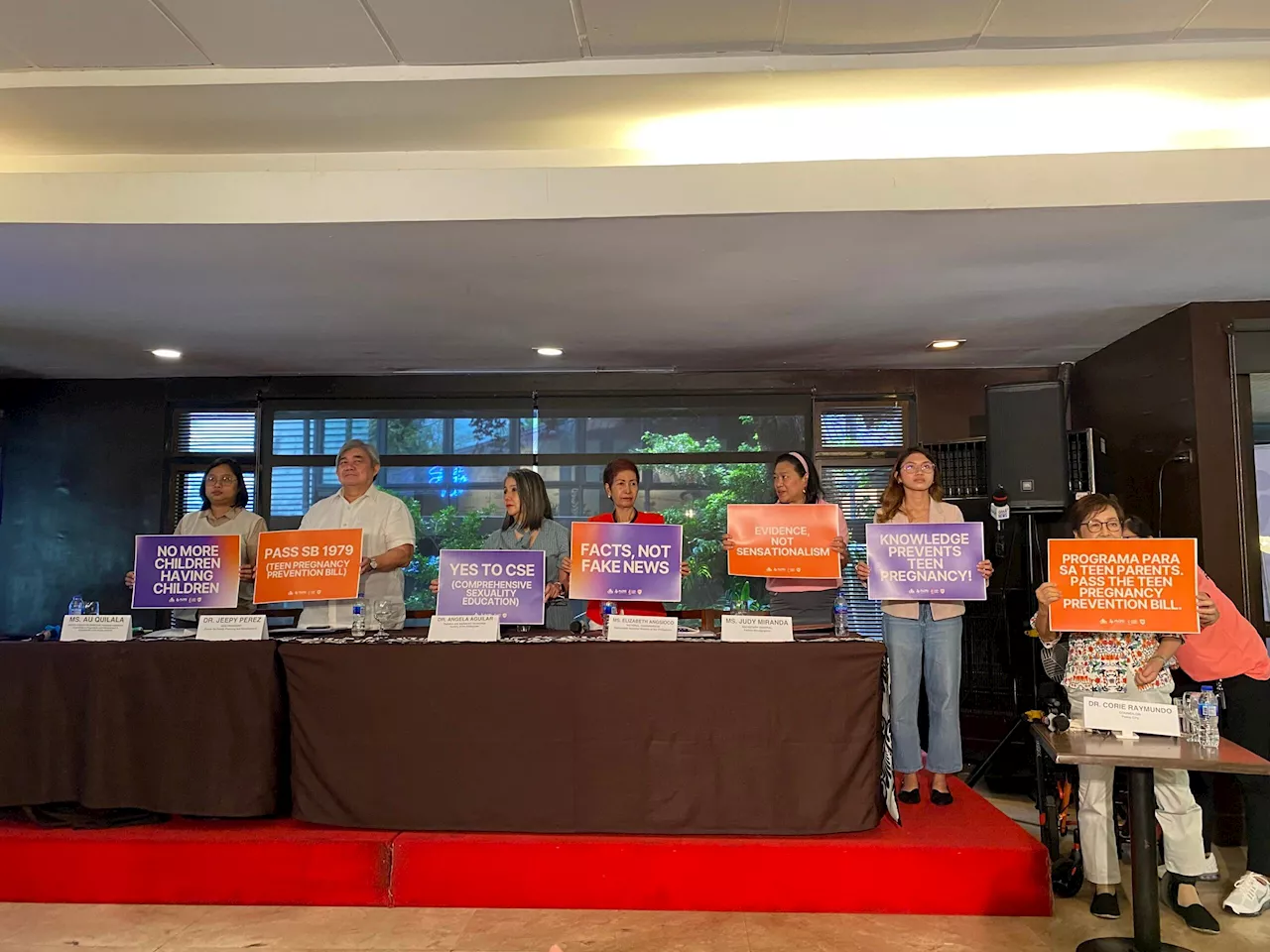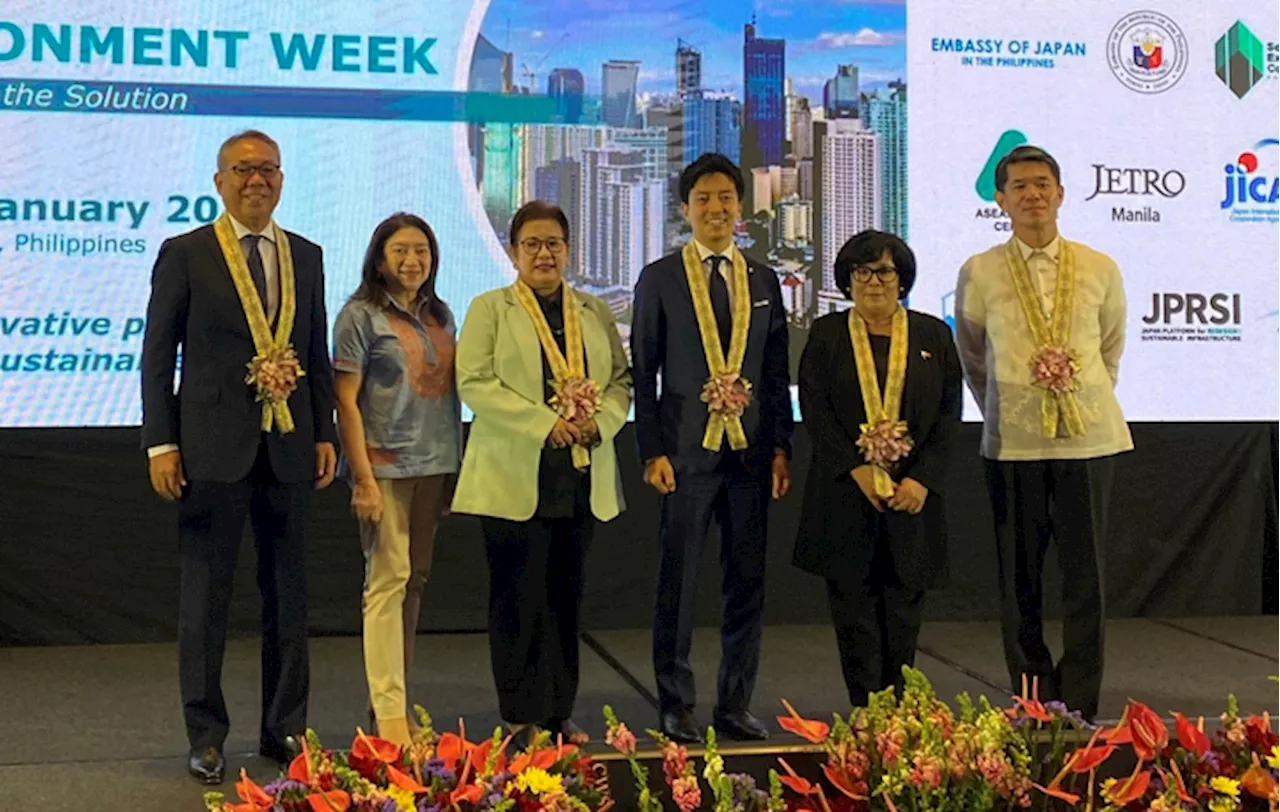In a society that often equates sleep with laziness, a growing number of Americans are discovering the benefits of napping at work. From power naps in parking garages to dedicated nap pods, this article explores the hidden world of workplace napping, examining its potential benefits, societal stigma, and the growing acceptance of this sleep strategy.
They snooze in parking garages, on side streets before the afternoon school run, in nap pods rented by the hour, or stretched out in bed while working from home. People who make a habit of sleeping on the job comprise a secret society of sorts within the US labor force.
Inspired by famous power nappers Winston Churchill and Albert Einstein, today’s committed nap-takers often sneak in short rest breaks because they think the practice will improve their cognitive performance but still carries a stigma. Multiple studies have extolled the benefits of napping, such as enhanced memory and focus. A mid-afternoon siesta is the norm in parts of Spain and Italy. In China and Japan, nodding off is encouraged since working to the point of exhaustion is seen as a display of dedication, according to a study in the journal Sleep. Yet it’s hard to catch a few z’s during regular business hours in the United States, where people who nap can be viewed as lazy. The federal government even bans sleeping in its buildings while at work, except in rare circumstances. Individuals who are willing and able to challenge the status quo are becoming less hesitant to describe the payoffs of taking a dose of microsleep. Marvin Stockwell, the founder of PR firm Champion the Cause, takes short naps several times a week. “They rejuvenate me in a way that I’m exponentially more useful and constructive and creative on the other side of a nap than I am when I’m forcing myself to gut through being tired,” Stockwell said. Sleep is as important to good health as diet and exercise, but too many people don’t get enough of it, according to James Rowley, program director of the Sleep Medicine Fellowship at Rush University Medical Center. “A lot of it has to do with electronics. It used to be TVs, but now cellphones are probably the biggest culprit. People just take them to bed with them and watch,” Rowley said. Napping isn’t common in academia, where there’s constant pressure to publish, but University of Southern California lecturer Julianna Kirschner fits in daytime naps when she can. Kirschner studies social media, which she says is designed to deliver a dopamine rush to the brain. Viewers lose track of time on the platforms, interrupting sleep. Kirschner says she isn’t immune to this problem—hence, her occasional need to nap. The key to effective napping is to keep the snooze sessions short, Rowley said. Short naps can be restorative and are more likely to leave you more alert, he said. “Most people don’t realize naps should be in the 15- to 20-minute range,” Rowley said. “Anything longer, and you can have problems with sleep inertia, difficulty waking up, and you’re groggy.” Individuals who find themselves consistently relying on naps to make up for inadequate sleep should probably also examine their bedtime habits, he said. Mid-afternoon is the ideal time for a nap because it coincides with a natural circadian dip, while napping after 6 p.m. may interfere with nocturnal sleep for those who work during daylight hours, said Michael Chee, director of the Centre for Sleep and Cognition at the National University of Singapore. “Any duration of nap, you will feel recharged. It’s a relief valve. There are clear cognitive benefits,” Chee said. A review of napping studies suggests that 30 minutes is the optimal nap length in terms of practicality and benefits, said Ruth Leong, a research fellow at the Singapore center. “When people nap for too long, it may not be a sustainable practice, and also, really long naps that cross the two-hour mark affect nighttime sleep,” Leong said. Experts recommend setting an alarm for 20 to 30 minutes, which gives nappers a few minutes to fall asleep. But even a six-minute nap can be restorative and improve learning, said Valentin Dragoi, scientific director of the Center for Neural Systems Restoration, a research and treatment facility run by Houston Methodist hospital and Rice University. While workplace dozing is uncommon in the US, some companies and managers encourage it. Will Bryk, founder of AI search startup Exa, swears by 20-minute power naps and ordered two sleeping pods for employees to use in his company’s San Francisco office. Ice cream maker Ben & Jerry’s has had a nap room in its Vermont headquarters for a couple of decades, and a handful of employees use it, company spokesman Sean Greenwood said. “Employees who feel taken care of are much more likely to use this responsibly,” he said. Arianna Huffington, the celebrity author who co-founded the news website Huffington Post, became an advocate of a good night’s sleep and occasional naps after she collapsed from exhaustion in 2007. She installed a nap room at her former company, now called HuffPo, and at Thrive Global, a behavior change technology company where she serves as founder and CEO
Napping Workplace Productivity Sleep Cognitive Performance Work-Life Balance Sleep Habits
Philippines Latest News, Philippines Headlines
Similar News:You can also read news stories similar to this one that we have collected from other news sources.
 Philippine Government's 'Weaponization' of Terror Laws Threatens Civil SocietyThe Philippine government under President Ferdinand Marcos Jr. is facing criticism for its alleged misuse of anti-terror laws against civil society organizations. This raises concerns about the erosion of human rights and civil liberties in the country.
Philippine Government's 'Weaponization' of Terror Laws Threatens Civil SocietyThe Philippine government under President Ferdinand Marcos Jr. is facing criticism for its alleged misuse of anti-terror laws against civil society organizations. This raises concerns about the erosion of human rights and civil liberties in the country.
Read more »
 Civil Society Groups Defend Adolescent Pregnancy Prevention BillVarious civil society organizations in the Philippines held a press conference to defend the adolescent pregnancy prevention bill (SB 1979) and the importance of comprehensive sexuality education (CSE). They presented data, stories, and arguments to counter a viral video by Project Dalisay, a religious initiative criticizing CSE. The groups emphasized the need for accurate information and support for young girls facing risks of pregnancy, stating that CSE can empower them to make responsible decisions.
Civil Society Groups Defend Adolescent Pregnancy Prevention BillVarious civil society organizations in the Philippines held a press conference to defend the adolescent pregnancy prevention bill (SB 1979) and the importance of comprehensive sexuality education (CSE). They presented data, stories, and arguments to counter a viral video by Project Dalisay, a religious initiative criticizing CSE. The groups emphasized the need for accurate information and support for young girls facing risks of pregnancy, stating that CSE can empower them to make responsible decisions.
Read more »
 Japan, Philippines Hold Second Environment Week to Promote Sustainable SocietyThe Ministry of the Environment of Japan and the Department of Environment and Natural Resources (DENR) of the Philippines jointly hosted the “Second Philippines-Japan Environment Week” in Makati City on January 14. The event brought together stakeholders from both governments, local units, and the private sector to discuss and promote sustainable and resilient solutions. Key topics included climate-change mitigation, waste management, and the circular economy.
Japan, Philippines Hold Second Environment Week to Promote Sustainable SocietyThe Ministry of the Environment of Japan and the Department of Environment and Natural Resources (DENR) of the Philippines jointly hosted the “Second Philippines-Japan Environment Week” in Makati City on January 14. The event brought together stakeholders from both governments, local units, and the private sector to discuss and promote sustainable and resilient solutions. Key topics included climate-change mitigation, waste management, and the circular economy.
Read more »
 Trump Kicks Off 'Golden Age' in US, Vows to 'Rescue' a 'Broken' SocietyDonald Trump began his historic second term as US president on Monday, vowing to usher in a 'golden age' and restore America's former glory. In his inaugural address, Trump painted a bleak picture of a 'broken' society betrayed by a 'radical and corrupt establishment'. He pledged to address issues like illegal immigration and 'culture wars' with a series of executive orders, including declaring a national emergency at the southern border.
Trump Kicks Off 'Golden Age' in US, Vows to 'Rescue' a 'Broken' SocietyDonald Trump began his historic second term as US president on Monday, vowing to usher in a 'golden age' and restore America's former glory. In his inaugural address, Trump painted a bleak picture of a 'broken' society betrayed by a 'radical and corrupt establishment'. He pledged to address issues like illegal immigration and 'culture wars' with a series of executive orders, including declaring a national emergency at the southern border.
Read more »
![[Tech Thoughts] Data Privacy Week upholds our online society’s foundations](https://i.headtopics.com/images/2025/1/31/rapplerdotcom/tech-thoughts-data-privacy-week-upholds-our-online-tech-thoughts-data-privacy-week-upholds-our-online-C6EF014013E921380552564B3D452271.webp?w=640) [Tech Thoughts] Data Privacy Week upholds our online society’s foundationsWhy is hammering the point about data privacy important? Because like a nail being driven into a foundation, it's the only way to keep online society's systems from collapsing.
[Tech Thoughts] Data Privacy Week upholds our online society’s foundationsWhy is hammering the point about data privacy important? Because like a nail being driven into a foundation, it's the only way to keep online society's systems from collapsing.
Read more »
 Antique Civil Society Opposes Mineral Reservation PlanA coalition of civil society organizations, churches, and community leaders in Antique province, Philippines, are strongly opposing the Mines and Geosciences Bureau - Western Visayas (MGB-6)'s plan to declare 7,000 hectares of upland areas as a mineral reservation for copper, gold, chromite, and silver deposits. They argue that the designation could jeopardize vital watersheds, exacerbate landslides and floods, and contradict the province's push for ecotourism and sustainable growth. The coalition also criticized the MGB-6's public hearing process for lacking inclusivity and transparency.
Antique Civil Society Opposes Mineral Reservation PlanA coalition of civil society organizations, churches, and community leaders in Antique province, Philippines, are strongly opposing the Mines and Geosciences Bureau - Western Visayas (MGB-6)'s plan to declare 7,000 hectares of upland areas as a mineral reservation for copper, gold, chromite, and silver deposits. They argue that the designation could jeopardize vital watersheds, exacerbate landslides and floods, and contradict the province's push for ecotourism and sustainable growth. The coalition also criticized the MGB-6's public hearing process for lacking inclusivity and transparency.
Read more »
